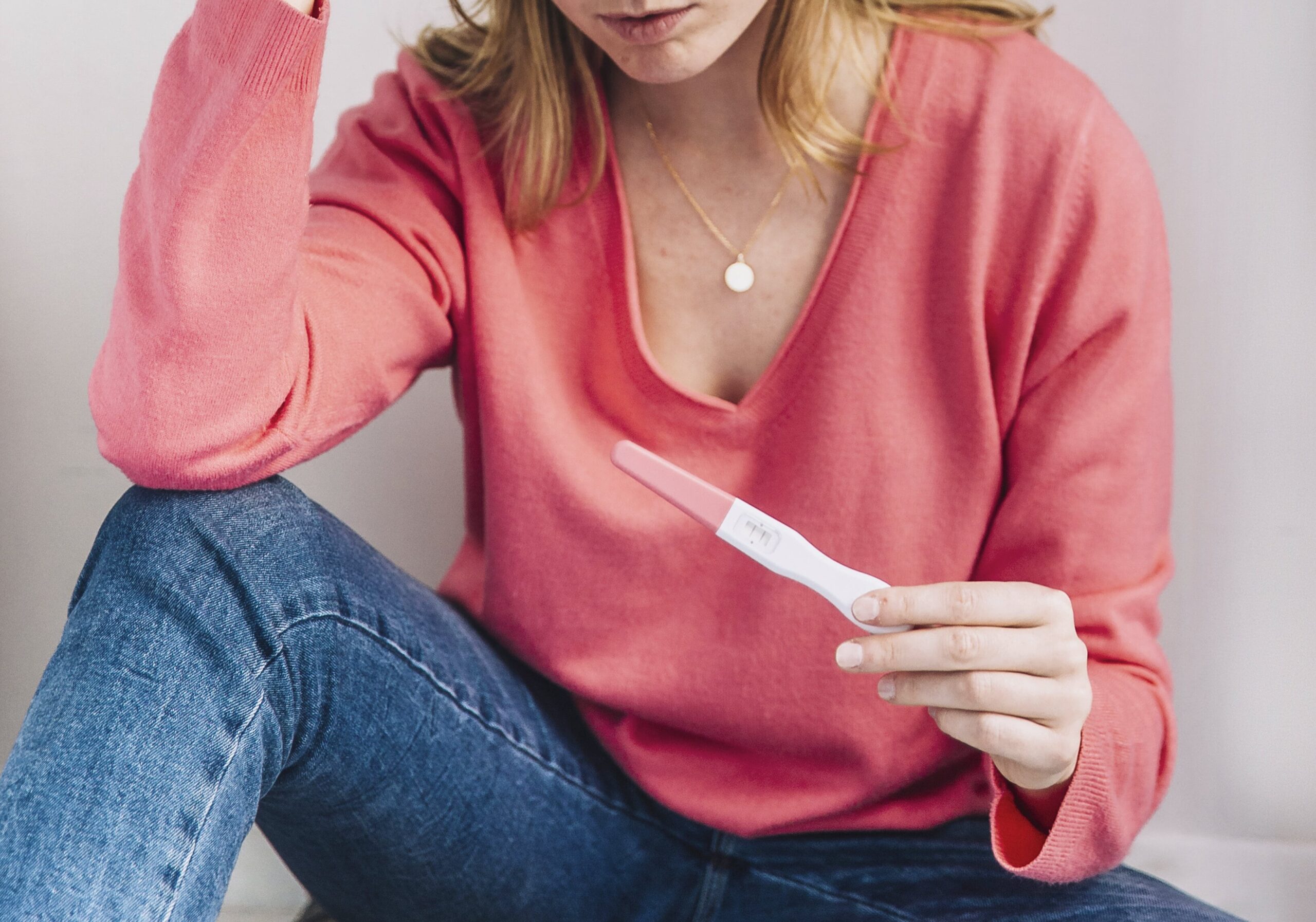Can birth control cause infertility?
Birth control has always been a topic of discussion. One question that frequently arises is whether it can cause infertility. In this article, we will explore the mechanism of birth control, dispel common myths, delve into the science behind hormonal contraceptives, consider expert opinions, and discuss the role of age and duration of use. Finally, we will explore alternatives to hormonal birth control and what factors to consider when making decisions about contraception.
Understanding the Mechanism: How Birth Control Works
Before we can determine whether birth control can cause infertility, it’s important to understand how it works. Birth control methods, such as the pill, patch, ring, or implant, generally use hormones to suppress ovulation. Without ovulation, there is no release of an egg for fertilization, thus preventing pregnancy.
It is worth noting that some non-hormonal methods, like condoms, diaphragms, or intrauterine devices (IUDs), work by creating physical barriers or altering the environment within the uterus, making it less conducive to fertilization or implantation.
Moreover, the effectiveness of birth control methods can vary depending on factors such as consistency of use, individual health conditions, and interactions with other medications. For instance, missing a dose of the pill or not using a condom correctly can increase the risk. Understanding the nuances of each method and following the prescribed guidelines are crucial in maximizing their contraceptive benefits.
Additionally, advancements in contraceptive technology have led to the development of long-acting reversible contraceptives (LARCs) like hormonal IUDs and implants, which provide extended protection with minimal user intervention. These methods offer a convenient and highly effective option for individuals seeking long-term birth control solutions.
Common Myths About Birth Control and Fertility
There are several misconceptions surrounding birth control and fertility. One common myth is that birth control pills or other hormonal methods permanently affect a woman’s fertility. This is not true. Most women regain their fertility shortly after discontinuing hormonal contraceptives.
Additionally, some believe that using birth control for many years can decrease fertility in the long run. However, there is no scientific evidence to support this claim.
It’s important to separate fact from fiction when considering the impact of birth control on fertility to make informed decisions about contraception.
Another prevalent myth is that using birth control methods such as the intrauterine device (IUD) can lead to infertility. In reality, IUDs are highly effective forms of contraception that do not have a long-term impact on fertility. Once the IUD is removed, a woman’s fertility typically returns to normal levels.
Furthermore, there is a misconception that emergency contraception, often referred to as the “morning-after pill,” causes infertility. Emergency contraception works by preventing or delaying ovulation and does not have any lasting effects on a woman’s fertility. It is designed to be a backup option for preventing pregnancy and does not impact future fertility.
The Science Behind Hormonal Contraceptives
Hormonal contraceptives, such as the pill, patch, ring, or injection, contain synthetic hormones that mimic the natural hormones found in a woman’s body. These hormones work to prevent pregnancy by inhibiting ovulation, thinning the uterine lining, and thickening cervical mucus.
While hormonal contraceptives are highly effective at preventing pregnancy, they do not have any long-term impact on a woman’s fertility. Once a woman stops using hormonal birth control, her body will resume its normal hormonal balance and fertility.
It’s important to note that hormonal contraceptives can also provide additional benefits beyond birth control. For example, they are often prescribed to help manage menstrual cycle irregularities, reduce menstrual cramps, and even improve acne in some cases. The hormones in these contraceptives can help regulate hormone levels in the body, leading to more predictable and lighter periods for many women.
Furthermore, the development of hormonal contraceptives has been a significant advancement in reproductive health. These methods have given women more control over their reproductive choices and have contributed to a decline in unintended pregnancies worldwide. Research continues to explore new formulations and delivery methods to make hormonal contraceptives even more convenient and effective for women of all ages.
Expert Opinions: What Gynecologists Say
When it comes to the question of whether birth control can cause infertility, it’s important to consider the opinions of medical experts. Gynecologists and reproductive health specialists agree that there is no evidence to suggest that hormonal birth control leads to infertility.
Medical professionals often reassure their patients that fertility typically returns promptly after discontinuing hormonal contraceptives. In fact, for some women, coming off birth control can even result in a temporary surge in fertility.
Furthermore, gynecologists emphasize the importance of individual factors in fertility. While birth control methods like the pill, patch, or IUD do not impact long-term fertility, other factors such as age, underlying medical conditions, and lifestyle choices can play a significant role in a person’s ability to conceive.
It’s also worth noting that gynecologists recommend discussing fertility concerns with a healthcare provider to address any specific questions or uncertainties. Open communication with a medical professional can help individuals make informed decisions about their reproductive health and family planning goals.
The Role of Age and Duration of Use
Although birth control itself does not cause infertility, factors such as age and the duration of use may influence fertility outcomes. Women who delay pregnancy until later in life may experience age-related fertility decline whether they have used birth control or not.
Long-term use of certain types of birth control, such as the Depo-Provera shot, may cause a temporary delay in the return of fertility. However, this delay is generally not permanent and can be resolved with time.
It’s important to note that age can play a significant role in fertility, as women are born with a set number of eggs that decrease in both quantity and quality as they age. This natural decline in fertility can be further impacted by external factors such as smoking, obesity, and certain medical conditions.
Additionally, the duration of birth control use can vary greatly among individuals and may have different effects on fertility. Some forms of birth control, like the contraceptive pill, may allow for a quicker return to fertility once discontinued, while others, like intrauterine devices (IUDs), offer immediate fertility upon removal.
Alternatives to Hormonal Birth Control: What to Consider
While hormonal birth control is a widely used and effective contraceptive method, it may not be suitable for everyone. Fortunately, there are alternatives available for those who prefer non-hormonal options or have concerns about their impact on fertility.
Non-hormonal methods, like condoms, diaphragms, copper IUDs, and fertility awareness methods, can provide effective contraception without affecting fertility. It’s important to discuss these options with a healthcare provider to find the best choice.
When considering non-hormonal options, it’s essential to understand how each method works and its effectiveness in preventing pregnancy. Condoms, for example, not only provide contraception but also protect against sexually transmitted infections. You insert diaphragms into the vagina to cover the cervix and block sperm from reaching the egg. Copper IUDs work by releasing copper ions that are toxic to sperm, preventing fertilization.
Fertility awareness methods involve tracking a woman’s menstrual cycle to determine fertile days and avoid unprotected intercourse during that time. While these methods can be highly effective when followed correctly, they require a strong commitment to tracking and monitoring one’s cycle.
In conclusion, there is no scientific evidence to support the claim that birth control causes infertility. Understanding the mechanism of birth control, dispelling common myths, considering expert opinions, and taking into account factors like age and duration of use can help individuals make informed decisions about contraception. There are alternatives available for those who prefer non-hormonal options or have concerns about fertility. It is always recommended to consult with a healthcare provider to determine the most suitable method of birth control.






